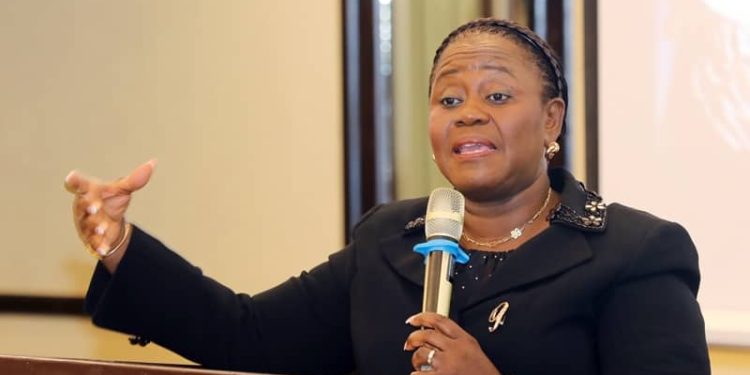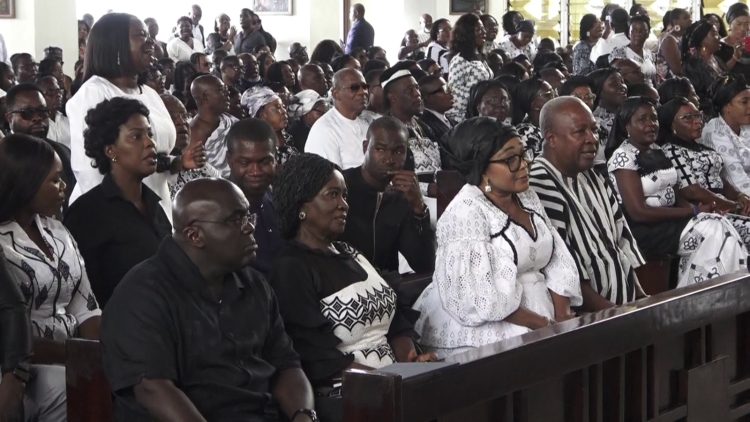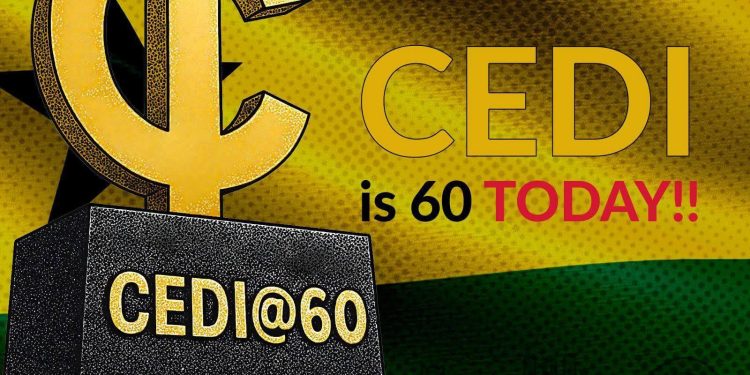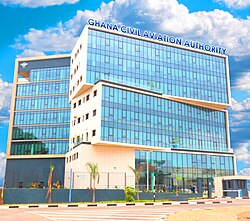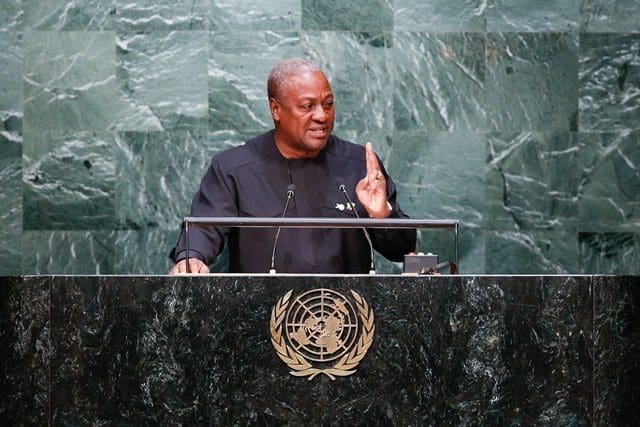A lawmaker has sharply criticized international legal organizations for what he described as unwarranted interference in the country’s judicial affairs, following a call by the Bar Council of England and Wales and the Commonwealth Lawyers Association for the reinstatement of Ghana’s suspended Chief Justice, Gertrude Sackey Torkornoo.
The joint statement, released on August 14, urged the government of Ghana to “immediately reinstate” Torkornoo and ensure adherence to due process amid ongoing impeachment proceedings. The comments have sparked a diplomatic stir, drawing backlash from lawmakers and senior government officials.
“It is unacceptable,” said Bismark Tetteh Nyarko, Member of Parliament for Upper Manya Krobo, during an interview on Channel One Newsroom on Sunday. “We are no longer a British colony. For a Commonwealth body to instruct our Attorney General and Minister of Justice on how to proceed with internal constitutional matters is entirely inappropriate.”
Mr. Nyarko, a member of the opposition National Democratic Congress (NDC), emphasized that Ghana’s 1992 Constitution provides a comprehensive framework for handling allegations against high-ranking judicial officials. “We are fully capable of managing our constitutional processes,” he said. “This is not something we are taking seriously—it borders on mockery.”
Chief Justice Torkornoo was suspended earlier this year after three formal petitions were submitted to the presidency, alleging misconduct. Her case is currently under review by a constitutionally mandated inquiry committee.
In a formal response, Attorney General Dominic Ayine affirmed the government’s position, stating that the suspension remains valid and in line with constitutional protocol. “The Chief Justice’s suspension is not politically motivated and does not contravene any legal provisions,” Ayine said in a statement. “The matter will be resolved once the inquiry committee has completed its work and submitted its findings to President John Dramani Mahama.”
Legal experts in Ghana have generally supported the decision to await the outcome of the inquiry before taking further action, citing the importance of institutional independence and procedural rigor.
The dispute underscores ongoing tensions between post-colonial African governments and international legal institutions, particularly regarding sovereignty and the limits of external influence in domestic governance.



